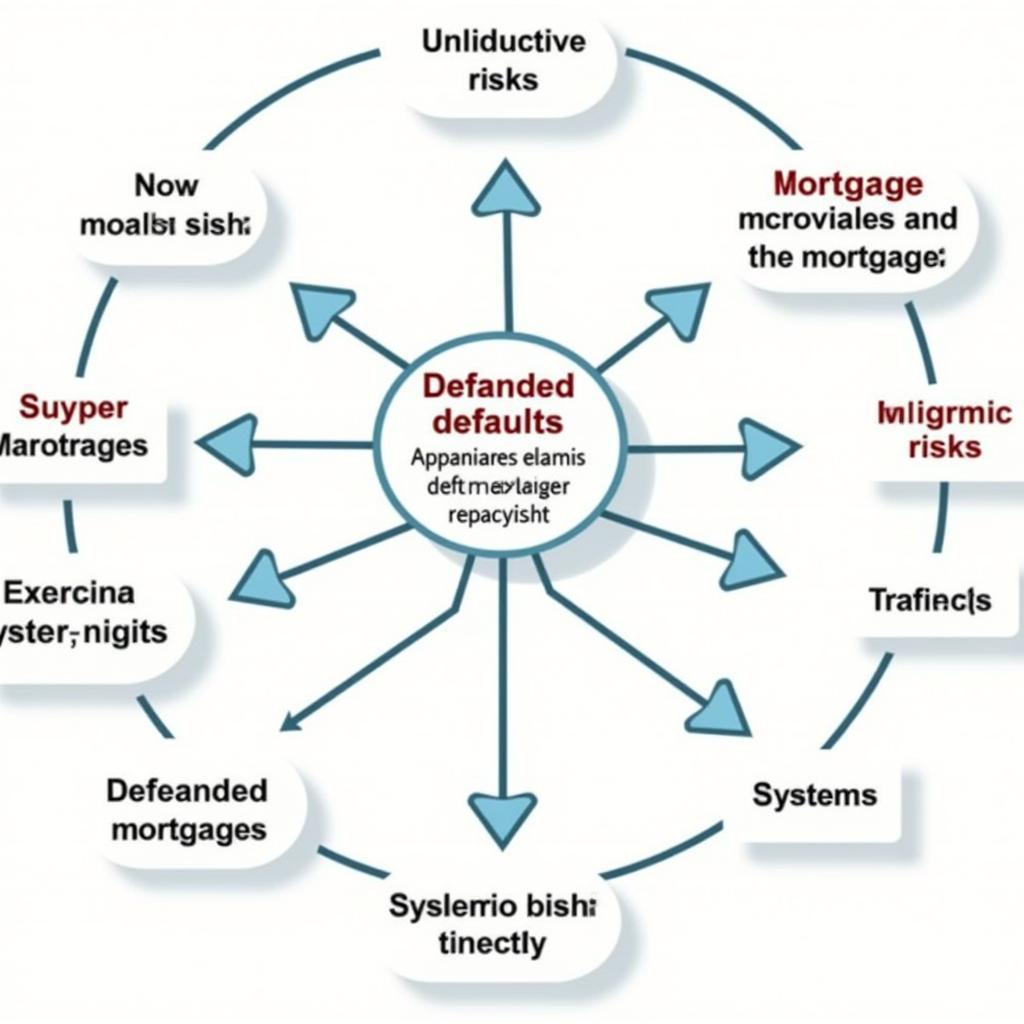The topic of mortgage defaults and their effects on banking systems has become increasingly relevant in IELTS Writing Task 2 examinations. Based on analysis of past papers and current economic trends, this theme appears in various forms, particularly in questions about economic stability, financial crises, and housing markets. Let’s examine a recent IELTS task 2 question that addresses this critical issue.

Task Analysis
Some people believe that banks should be strictly regulated to prevent mortgage defaults that could lead to financial crises. Others argue that too much regulation restricts economic growth. Discuss both views and give your opinion.
This question requires:
- Discussion of two contrasting perspectives
- Analysis of banking regulation impacts
- Personal opinion with supporting arguments
- Real-world examples and consequences
Sample Essay 1 (Band 8.5)
The debate over banking regulation intensity, particularly concerning mortgage lending, has gained significant attention following past financial crises. While some advocate for stringent oversight to prevent economic downturns, others contend that excessive regulation hampers economic development. This essay will examine both perspectives before presenting my viewpoint.
Proponents of strict banking regulation argue that robust oversight is essential for financial stability. The 2008 global financial crisis, triggered by widespread mortgage defaults, demonstrates how inadequate regulation can lead to catastrophic economic consequences. Banks, when left unchecked, may engage in risky lending practices, similar to how peer-to-peer lending disrupts traditional banking, potentially destabilizing the entire financial system. Strict regulations ensure responsible lending practices and maintain systemic stability.
Conversely, those opposing heavy regulation contend that it impedes economic growth. Excessive restrictions on lending can make it harder for qualified borrowers to access credit, particularly affecting small businesses and first-time homebuyers. The influence of interest rates on loans becomes more pronounced when combined with strict lending criteria, potentially slowing economic activity. Furthermore, compliance costs associated with extensive regulation can reduce banks’ efficiency and innovation capacity.
In my opinion, while both arguments have merit, a balanced approach to regulation is crucial. The key lies in implementing smart regulations that prevent reckless lending while maintaining sufficient flexibility for economic growth. This could involve risk-based regulatory frameworks that adjust requirements based on economic conditions and bank performance.
Sample Essay 2 (Band 6.5)
Many people have different opinions about how much banks should be controlled to stop mortgage problems. This essay will look at both sides of this issue and share my thoughts.
People who want strict rules say it’s important because of past problems. When banks give too many risky loans, it can cause big economic problems. The financial crisis in 2008 showed what happens when banks aren’t careful with mortgages. Rules help make sure banks are careful with money.
However, other people think too many rules are bad for the economy. When banks have too many rules, they might not give loans to people who need them. This makes it hard for people to buy houses or start businesses. Also, banks spend lots of money following rules instead of helping customers.
I think we need some rules but not too many. Banks should be careful but also able to help people get loans. Maybe different rules for different situations would work better.
Key Vocabulary
- Mortgage default (n) /ˈmɔːɡɪdʒ dɪˈfɔːlt/ – Failure to pay a mortgage
- Regulatory framework (n) /ˈreɡjʊləˌtɔri ˈfreɪmwɜːk/ – System of regulations and guidelines
- Systemic risk (n) /sɪˈstemɪk rɪsk/ – Risk affecting entire financial system
- Lending criteria (n) /ˈlendɪŋ kraɪˈtɪəriə/ – Standards for loan approval
- Economic downturn (n) /ˌiːkəˈnɒmɪk ˈdaʊntɜːn/ – Period of reduced economic activity
Practice Suggestions
Consider writing essays on related topics:
- The role of government in preventing housing bubbles
- Digital banking regulation in modern economies
- Consumer protection in mortgage lending
Share your practice essays in the comments section for feedback and discussion!